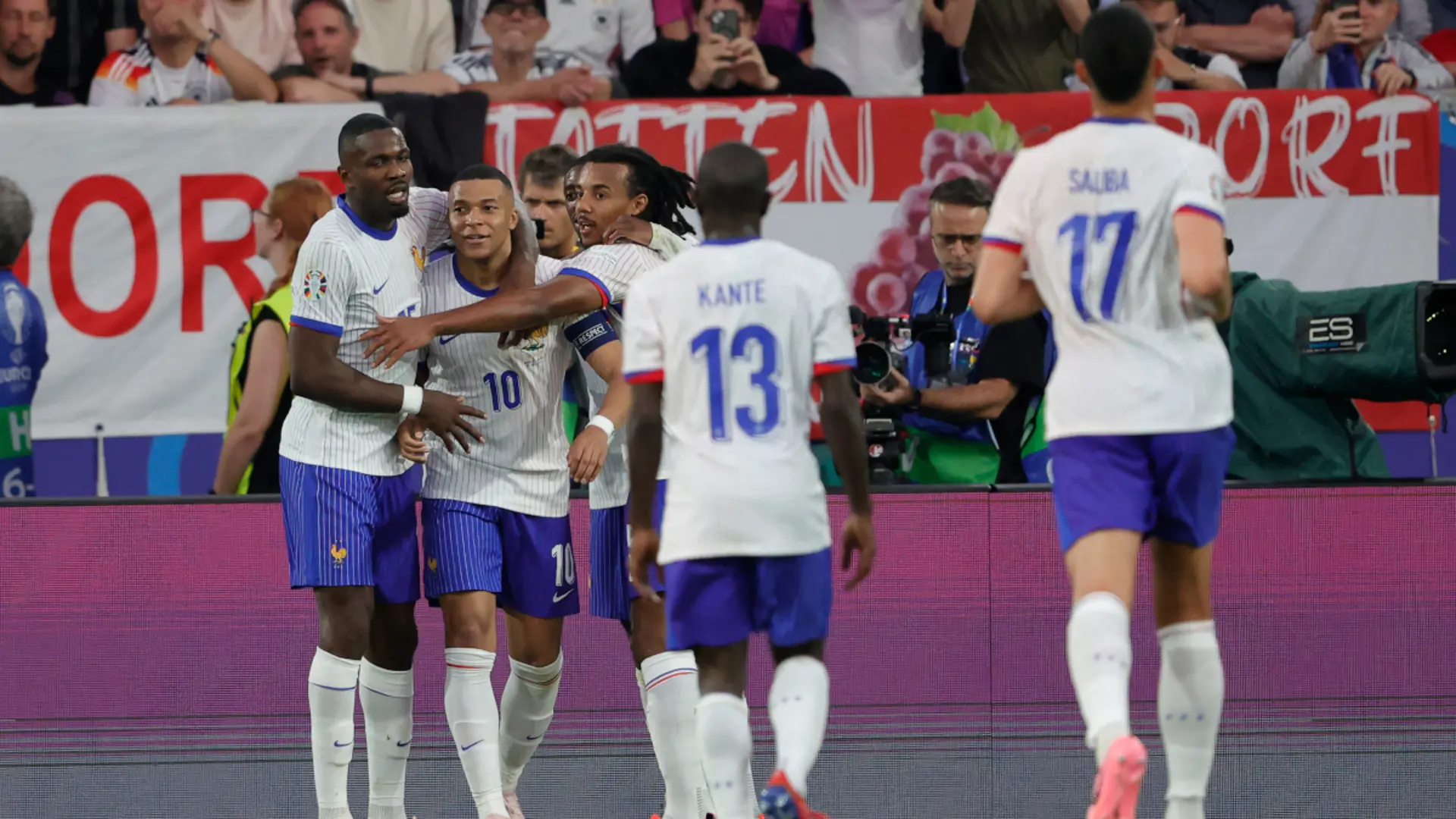Historical Rivalry

The rivalry between France and Austria dates back centuries, shaped by a complex interplay of political, territorial, and cultural factors.
Key events and battles that have defined the rivalry include:
- The Franco-Austrian War (1792-1797): A series of conflicts sparked by the French Revolution, culminating in French victories and the expansion of French influence.
- The Napoleonic Wars (1803-1815): A series of wars between France under Napoleon Bonaparte and various European powers, including Austria. French victories led to the establishment of the French Empire and the redrawing of European borders.
- The Austro-Prussian War (1866): A conflict between Austria and Prussia over control of German territories, resulting in a Prussian victory and the weakening of Austrian influence.
- World War I (1914-1918): France and Austria fought on opposing sides, with France emerging victorious and Austria losing significant territory.
These events have shaped the historical narrative of rivalry between the two nations, influencing their political and cultural relations.
Cultural Differences: France Vs Austria

France and Austria, despite their geographical proximity, possess distinct cultural identities that have shaped their national consciousness and influenced their interactions throughout history. These differences are rooted in a combination of language, religion, art, music, and cuisine, each contributing to the unique tapestry of each nation.
Language, France vs austria
Language plays a pivotal role in shaping cultural identity. France is predominantly Francophone, with French serving as its official language and a symbol of national unity. In contrast, Austria is a multilingual country with German as its official language, but also recognizes several minority languages, including Hungarian, Croatian, and Slovene. This linguistic diversity reflects Austria’s historical role as a crossroads of Central Europe, absorbing influences from various cultures.
Diplomatic Relations

France vs austria – France and Austria share a long and complex diplomatic history. The two countries have been allies and enemies at various points in time, and their relationship has been shaped by a number of factors, including their geographic proximity, their shared history, and their different political and economic systems.
Today, France and Austria enjoy strong diplomatic relations. The two countries are both members of the European Union and the Eurozone, and they cooperate closely on a wide range of issues, including trade, security, and climate change.
Political Ties
France and Austria have a close political relationship. The two countries consult regularly on a wide range of issues, and they often coordinate their positions on international issues. France and Austria are also both members of the United Nations Security Council, and they work together to promote peace and security around the world.
Economic Ties
France and Austria have a strong economic relationship. The two countries are each other’s largest trading partners, and they cooperate closely on a number of economic issues, including trade, investment, and energy.
Cultural Ties
France and Austria have a rich cultural relationship. The two countries share a common history and culture, and they have influenced each other’s art, music, and literature. France and Austria also cooperate closely on a number of cultural initiatives, including the promotion of French and German language learning.
Challenges and Opportunities
Despite their strong diplomatic relations, France and Austria face a number of challenges. One challenge is the rise of populism and nationalism in both countries. Another challenge is the ongoing economic crisis in Europe. However, France and Austria also have a number of opportunities for cooperation and collaboration. The two countries can work together to promote economic growth, combat climate change, and strengthen security in Europe.
In the fierce clash between France and Austria, swords clashed and armor gleamed. Yet, amidst the tumult, whispers of a distant realm reached the ears of weary knights. Tales of a knight of the seven kingdoms , his honor and valor, spread like wildfire.
The thought of such a hero kindled a spark of hope in their hearts, reminding them that even in the darkest of times, chivalry and courage could prevail.
The rivalry between France and Austria has spanned centuries, a bloody dance that has left an enduring legacy. Like the infamous “Blood and Cheese” game of thrones where treachery and betrayal prevailed , the conflict between these two nations has been marked by deceit and bloodshed.
The echoes of their battles still reverberate through history, shaping the political landscape of Europe and leaving an indelible mark on the hearts of those who witnessed their bitter struggle.
The centuries-old rivalry between France and Austria has often been likened to a game of chess, with each side maneuvering for advantage. But in this game, the pieces are not knights and bishops, but rats and cheese. As the rat and cheese game of thrones rages on, the stakes continue to rise, and the outcome remains uncertain.
As the centuries-old rivalry between France and Austria continues to simmer, the latest episode of “House of the Dragon” season 2, episode 1 offers a poignant reminder of the fragility of alliances and the enduring power of family. The episode deftly weaves together the complexities of the Targaryen dynasty with the political machinations of Westeros, echoing the intricate web of relationships that have shaped the history of France and Austria.